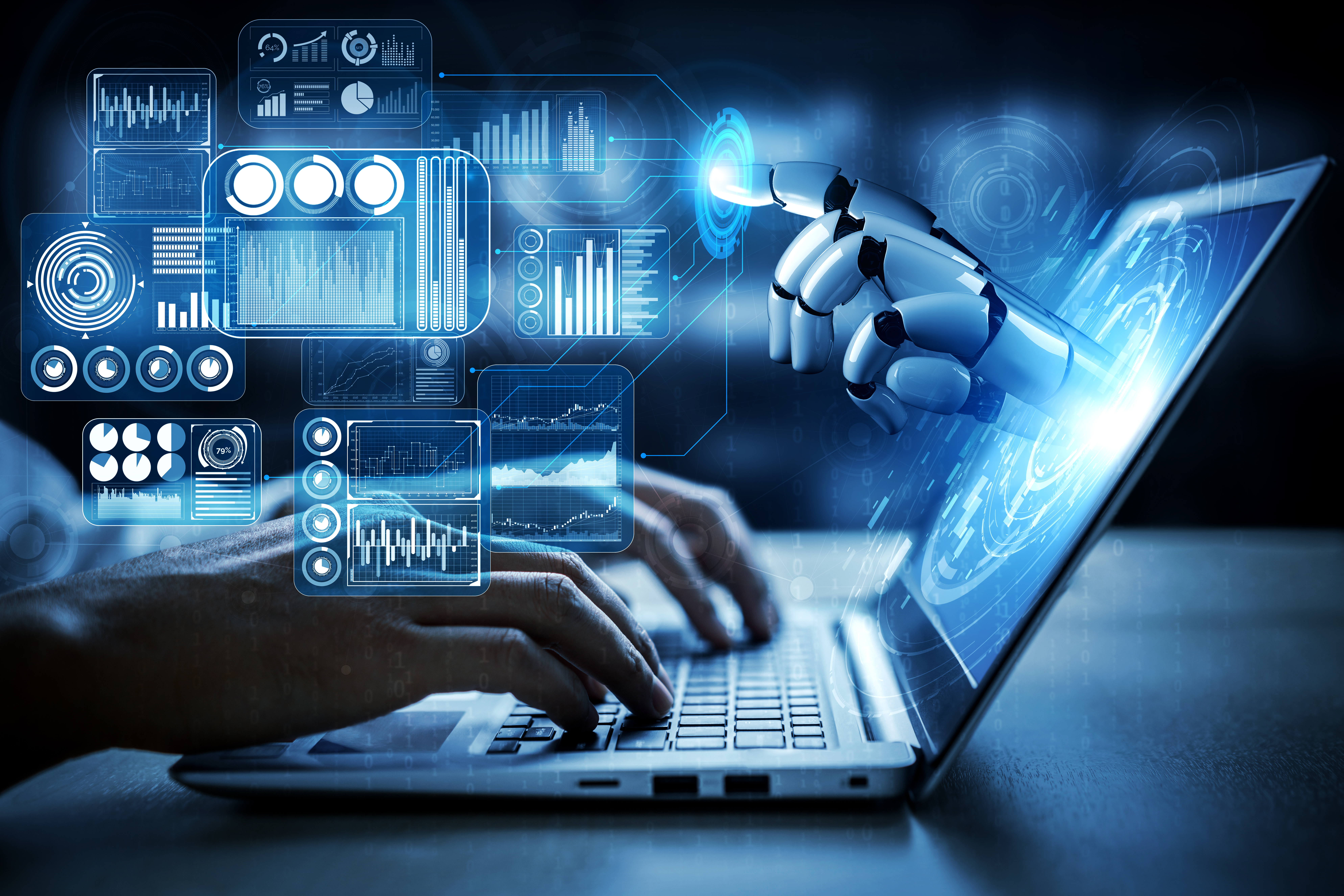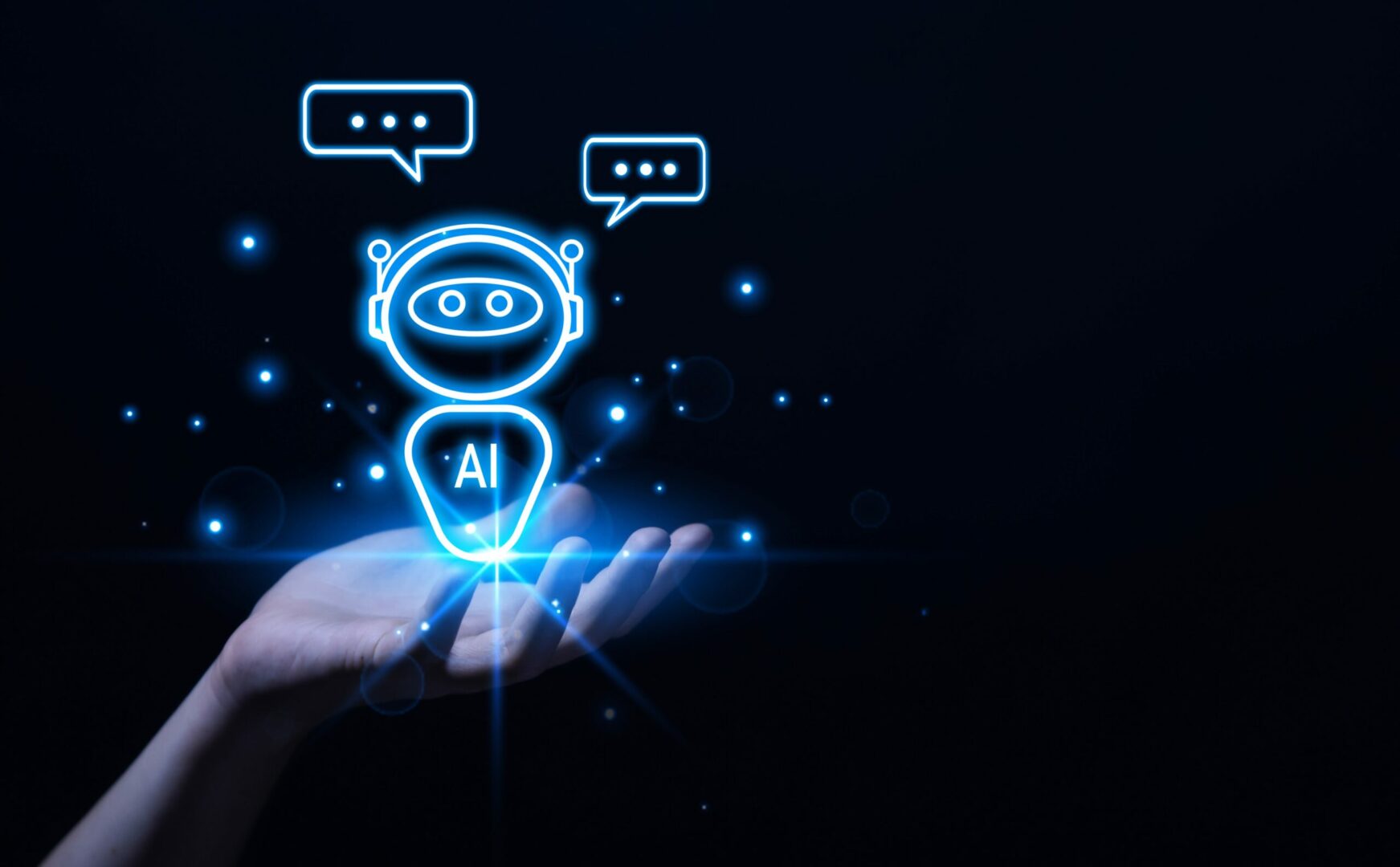In the rapidly evolving landscape of technology, one field has emerged as a driving force behind countless innovations and paradigm shifts – Artificial Intelligence (AI). With its ability to mimic human intelligence and learn from data, AI has become a tangible reality shaping our lives in various ways. Is there demand for AI professionals, and what job positions exist in this field? The following article addresses the answers.
Is There Market Demand for AI Professionals?
To cut to the chase—absolutely. Nowadays, there are very few technological products that don’t incorporate artificial intelligence capabilities, or at least aspire to. When a CEO meets with a development manager and asks, “What’s new?” they promptly discuss integrating AI models. The demand for AI professionals will only increase over time. At present, every tech team leader is aiming to recruit AI professionals.
Existing AI Job Positions
Data Scientist
Data scientists work with vast datasets and their role is to develop and implement machine learning algorithms to extract insights from the data.
Machine Learning Engineer
Machine learning engineers design and embed systems that mimic human intelligence. They work closely with data scientists and software engineers to integrate these systems into a wide range of products.
Big Data Architect
Big data architects are responsible for developing models, information strategies, and maintaining various types of databases according to organizational needs.
AI Researcher
AI researchers are responsible for conducting research and experiments in artificial intelligence in lab conditions. Their role is to interpret and analyze findings to implement changes and improve artificial intelligence systems.
AI Product Manager
AI product managers oversee the project development and implementation of AI products, ensuring synchronization among various functions for timely and quality product releases.
AI Consultant
AI consultants are responsible for providing guidance to various organizations on implementing artificial intelligence systems and integrating the technology into their operations.
These are just a few roles in the field of AI. However, considering the market changes, companies are looking for AI Experts who can combine the skill sets of multiple roles.
What is an AI Expert and How Do They Fit into Tech Companies?
The need for human resources in artificial intelligence have significantly changed in recent years. In the past, tech companies hired data scientists or physicists capable of analyzing data perfectly. Today, they’re actually looking for AI Expert.
So, what’s the difference between a data scientist and an AI Expert?
AI Experts possess a comprehensive skill set for the field. They can analyze data, have all the necessary skills to develop advanced AI models, and can integrate them into both existing and new products.

The Ideal AI Expert Profile
Development Skills: Fluency in languages like Python, C++, C, and Java, as companies often seek AI Experts to integrate AI models into their existing products
Data Science: Proficiency in data science is crucial for processing and deriving future analyses and predictions from existing data using tools like Hadoop and Spark.
Deep Understanding of Machine Learning: Crucial for an AI Expert to comprehend and develop AI models across various products using complex tools like PyTorch and MXNet, requiring an understanding of probability, linear algebra, statistics, and optimization.
Out-of-the-Box Thinking: A top-notch AI Expert thinks creatively to define problems and provide the necessary insights for solutions. Understanding human behavioral trends is pivotal in identifying patterns and changes to remain up to date.
Interpersonal Skills: Despite their perfection, an AI Expert doesn’t work in isolation. They require excellent communication skills to collaborate with project managers, Experts, and others involved in the project.
A revolution is happening in the field of artificial intelligence. While this technology used to be the domain of giants like Google and Facebook, it’s now accessible to everyone. There are no technological products in the market that do not aim to embed this technology within them.
Regarding Israel’s standing in the AI world, the country has lagged behind a bit. There are various reasons for this, including regulatory challenges and a shortage of human resources. Israel is yet to recognize itself as a technological powerhouse capable of participating in this revolution. Therefore, not enough startups have been established to lead developments in this field, unlike what we’ve seen in the fields of software development, cyber security, DevOps and AI.
Nevertheless, it’s crucial to note that it’s the perfect time to catch up with the wave of the revolution. Israel is in a phase of realization, and the earlier it enters this market, the greater its chances are to play a significant role in leading the way.
How Will the Job Market Change Due to AI Development?
The job market is expected to undergo significant changes due to the adoption and integration of Artificial Intelligence (AI). AI could automate certain tasks and functions, leading to a shift in existing job roles. Routine and repetitive tasks might be replaced by AI systems, so humans can focus on higher-value, creative, and strategic work.
While AI might automate certain jobs, it will also create new job opportunities. The development, deployment, and maintenance of AI systems requires skilled professionals in fields like data science and machine learning. Consequently, employees will need to develop new skills or enhance existing ones to remain relevant in the job market.
It’s important to note that while AI may create new job opportunities, it might also lead to unemployment in certain sectors. Jobs involving repetitive or manual tasks could be automated, and individuals in these roles might need to transition to new industries or acquire new skills.



